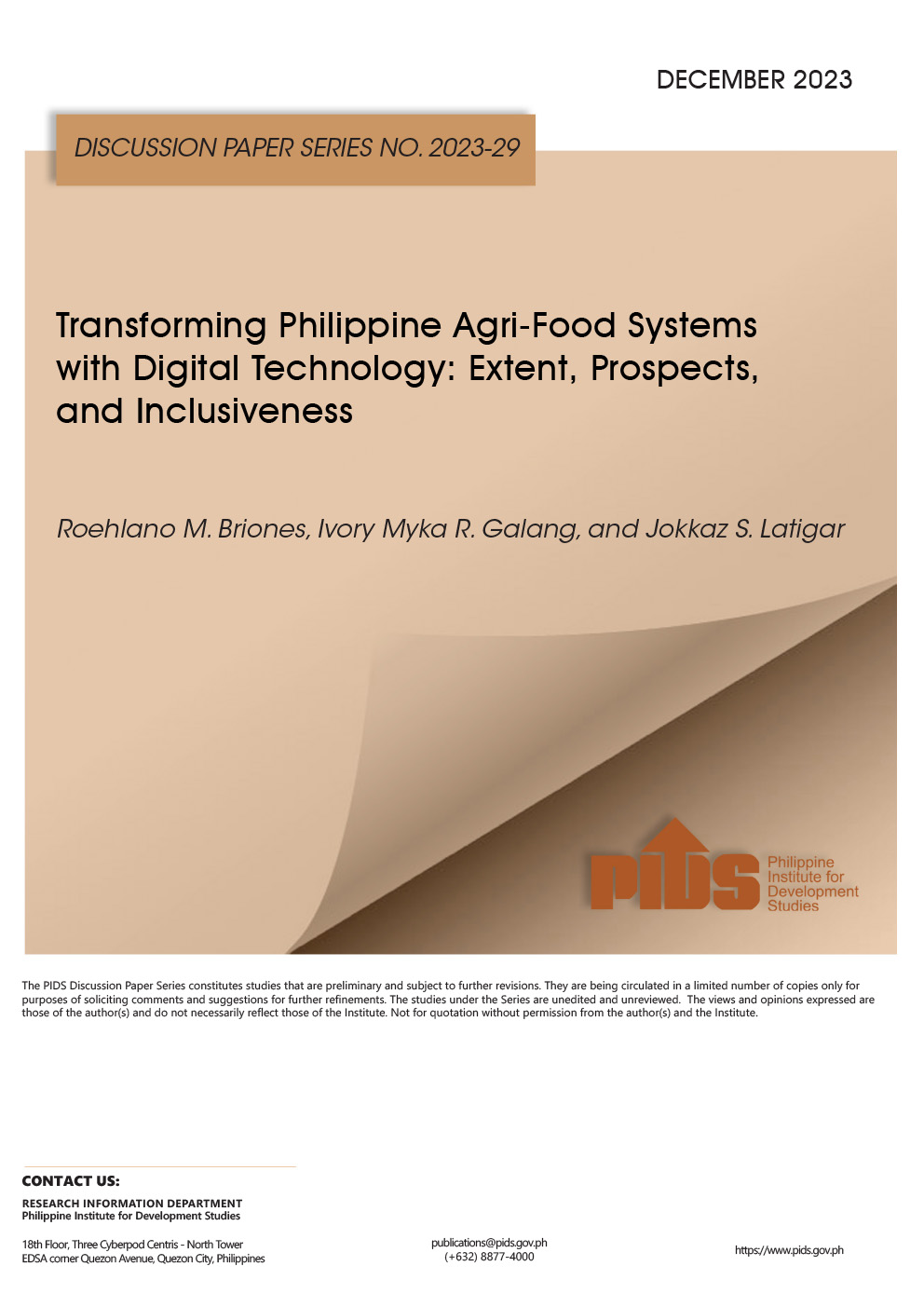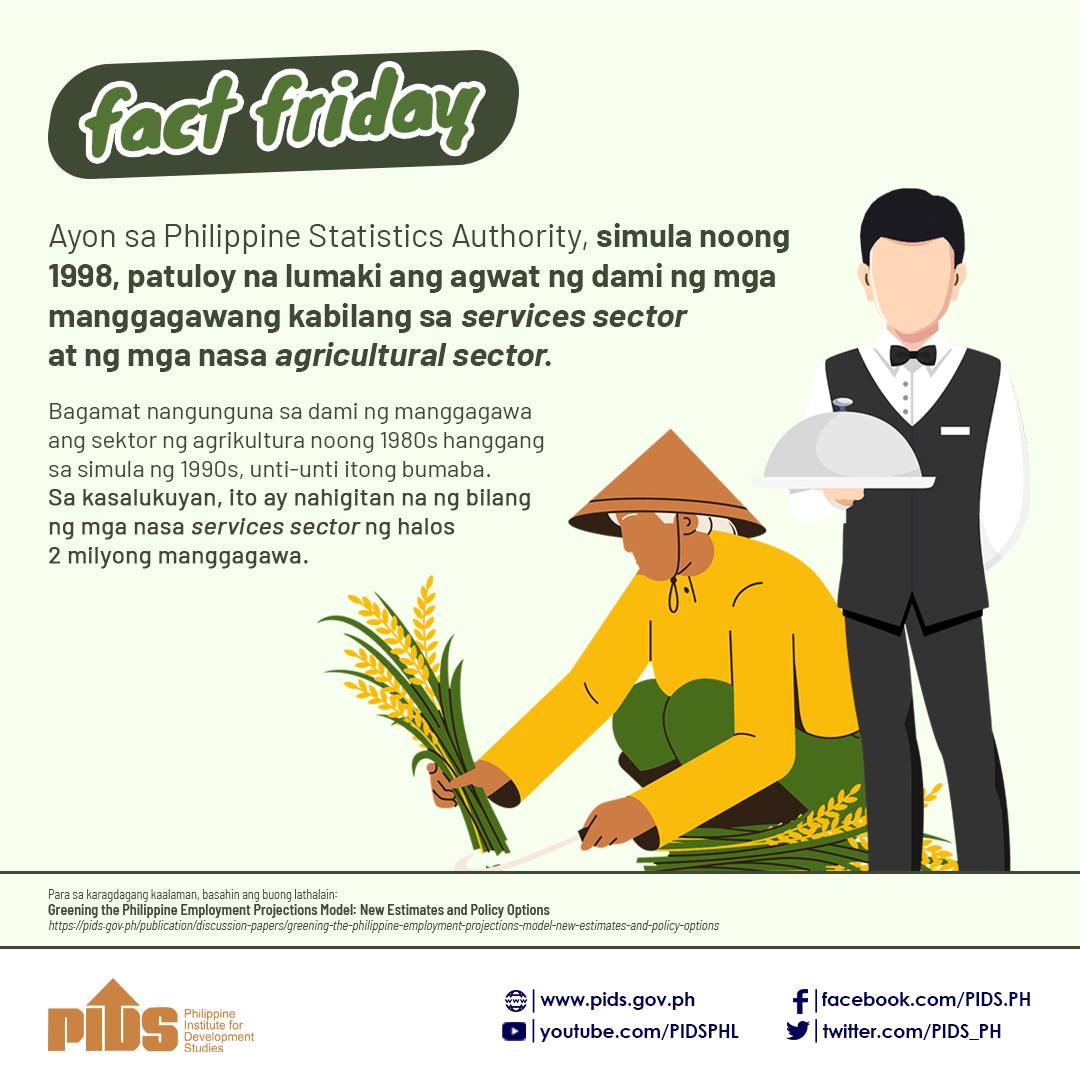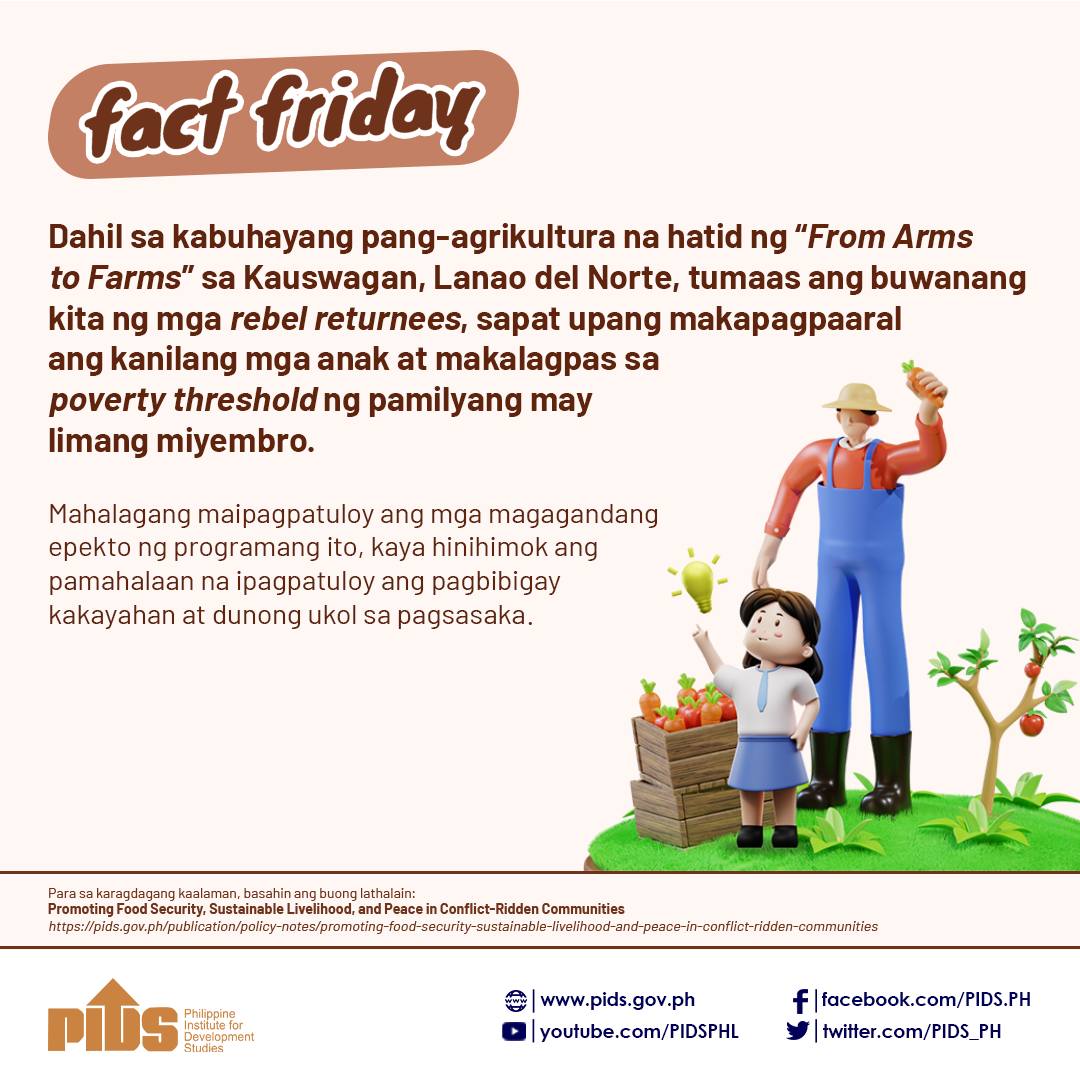The Philippines has decided to extend for three more years its quantitative restriction (QR) for rice, a measure that can benefit local farmers, according to a government document released Monday.
President Rodrigo Duterte signed Executive Order 23, which adopts the recommendation of the National Economic Development Authority (NEDA) to extend the reduction of duties on certain agricultural products.
This as the June 30 deadline for the Philippines to lift its quantitative restriction on rice as part of its commitments to the World Trade Organization (WTO) loomed.
Agriculture Secretary Manny Piñol supports the extension of quantitative restriction as this aims to protect Filipino farmers from cheap agricultural imports.
In exchange for the extension of reduced tariffs on rice, the government has agreed to allow rice imports with lower tariffs at a restricted amount, called the Minimum Access Volume (MAV).
The Philippine Institute for Development Studies (PIDS), in a presentation to Congress, has said one of the options for the Philippines was to request for another waiver to extend the reduced tariffs.
The Philippines can also maintain the QR regardless of the decision of the WTO, but this will subject the country to a possible lawsuit from another WTO member.
President Rodrigo Duterte signed Executive Order 23, which adopts the recommendation of the National Economic Development Authority (NEDA) to extend the reduction of duties on certain agricultural products.
This as the June 30 deadline for the Philippines to lift its quantitative restriction on rice as part of its commitments to the World Trade Organization (WTO) loomed.
Agriculture Secretary Manny Piñol supports the extension of quantitative restriction as this aims to protect Filipino farmers from cheap agricultural imports.
In exchange for the extension of reduced tariffs on rice, the government has agreed to allow rice imports with lower tariffs at a restricted amount, called the Minimum Access Volume (MAV).
The Philippine Institute for Development Studies (PIDS), in a presentation to Congress, has said one of the options for the Philippines was to request for another waiver to extend the reduced tariffs.
The Philippines can also maintain the QR regardless of the decision of the WTO, but this will subject the country to a possible lawsuit from another WTO member.












